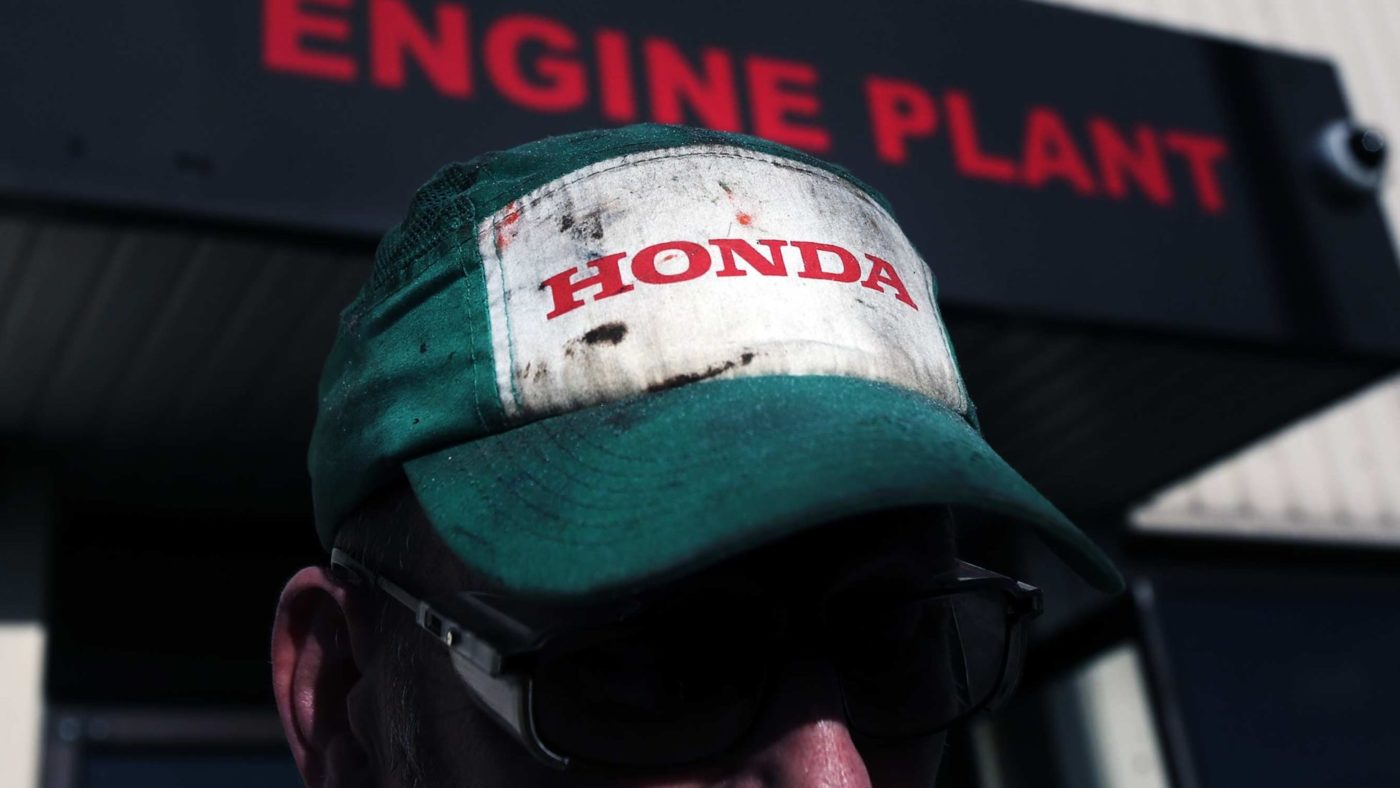Despite giddy excitement in Westminster regarding the formation of The Independent Group, the most sobering news of the week was the announcement that Honda would be closing its Swindon factory in 2021, taking 7000 jobs with it.
The news leaked out before Honda had announced the reasons for the closure. Inevitably, many jumped to conclusions that this was another business victim of Brexit. But the reasoning from Honda that came the next day pointed to the coming electric car revolution, something which raises profound questions about the future of the global automotive industry. Honda’s Europe chief, Katsushi Inoue, said; “In light of the unprecedented changes that are affecting our industry, it is vital that we accelerate our electrification strategy and restructure our global operations accordingly.”
Innovation among the established car giants has slowed with the cars of today not hugely different to those made 20 or 30 years ago. Once car manufacture was at the forefront of industrial innovation with Henry Ford pointing out that before his Model T most people would have told him they wanted faster horses.
Today, it is the car industry that is producing ever slightly “faster horses” while an entirely different technological leap forward is coming down the road.
The mass produced, petrol-powered internal combustion engine was a natty invention at the beginning of the 1900s but it’s an extremely complicated, messy and polluting machine that requires a fair bit of maintenance, expertise and expense to keep running. By contrast, the much simpler electric cars, are already cheaper to own and run than petrol and diesel cars in five European countries. A study assessed the purchase, fuel and tax costs of Europe’s bestselling car, the Volkswagen Golf, in its petrol, diesel, hybrid and electric versions. Electric was cheapest in all five countries assessed – Germany, France, the Netherlands, Norway and the UK.
Sadly British drivers see the smallest saving, just 5 per cent, due to consumers being offered “comparatively fewer tax benefits for low-emission compared with high-emission vehicles” said the researchers. This was echoed by a similar study by Leeds University which showed electric cars were cheaper to own and run in Japan, the US and the UK.
James Tate, who conducted that research, recommended pricing emissions to steer the market away from the most polluting and inefficient cars: “These large, heavy vehicles burden us and the climate with unnecessary CO2 and air pollutants. A taxation policy that rises with fuel consumption rates, such as in the Netherlands and Norway is overdue.” In the UK taxation does increase with emissions for company cars, but not privately owned ones.
Accelerating the roll out of zero emission vehicles will have multiple benefits, not least on the public purse and the NHS. Academics at the universities of Oxford and Bath have shown that air pollution from cars and vans costs us nearly £6 billion a year. They calculated that the health cost for an average car in inner London was nearly £8,000 over the vehicle’s lifetime. London’s air is notoriously bad but even outside the capital 43 cities in the UK are in breach of World Health Organisation guidelines for air quality.
On Tuesday Business Secretary Greg Clark described the Honda closure as “devastating” but some have pointed out that had the Government shown more commitment to create a home-grown electric car market then maybe Honda wouldn’t have been so quick to depart. Along with the underwhelming tax incentives, the Government’s phaseout date for petrol and diesel cars of 2040 is lagging behind Norway, Sweden, Ireland, Scotland, the Netherlands, Germany and even India. It’s also behind car makers themselves with Volvo stopping manufacture of exclusively petrol and diesel cars this year and Volkswagen in 2026. The UK also needs to rapidly upgrade its car charging infrastructure.
On Wednesday Adnan Amin, Director General of the International Renewable Energy Agency, warned that Honda workers would not be the last workers to feel the effects of the electrification revolution. “Electric transport is coming” and with it the “social disruption that comes from millions of jobs that will be lost with the internal combustion engine.”
Car giants wedded to the polluting technology of the last century face the prospect of becoming the outmoded Nokias of the automotive world. If the UK is not careful it is in danger of being overtaken by countries better prepared to make, and use, the vehicles of the future.
CapX depends on the generosity of its readers. If you value what we do, please consider making a donation.


